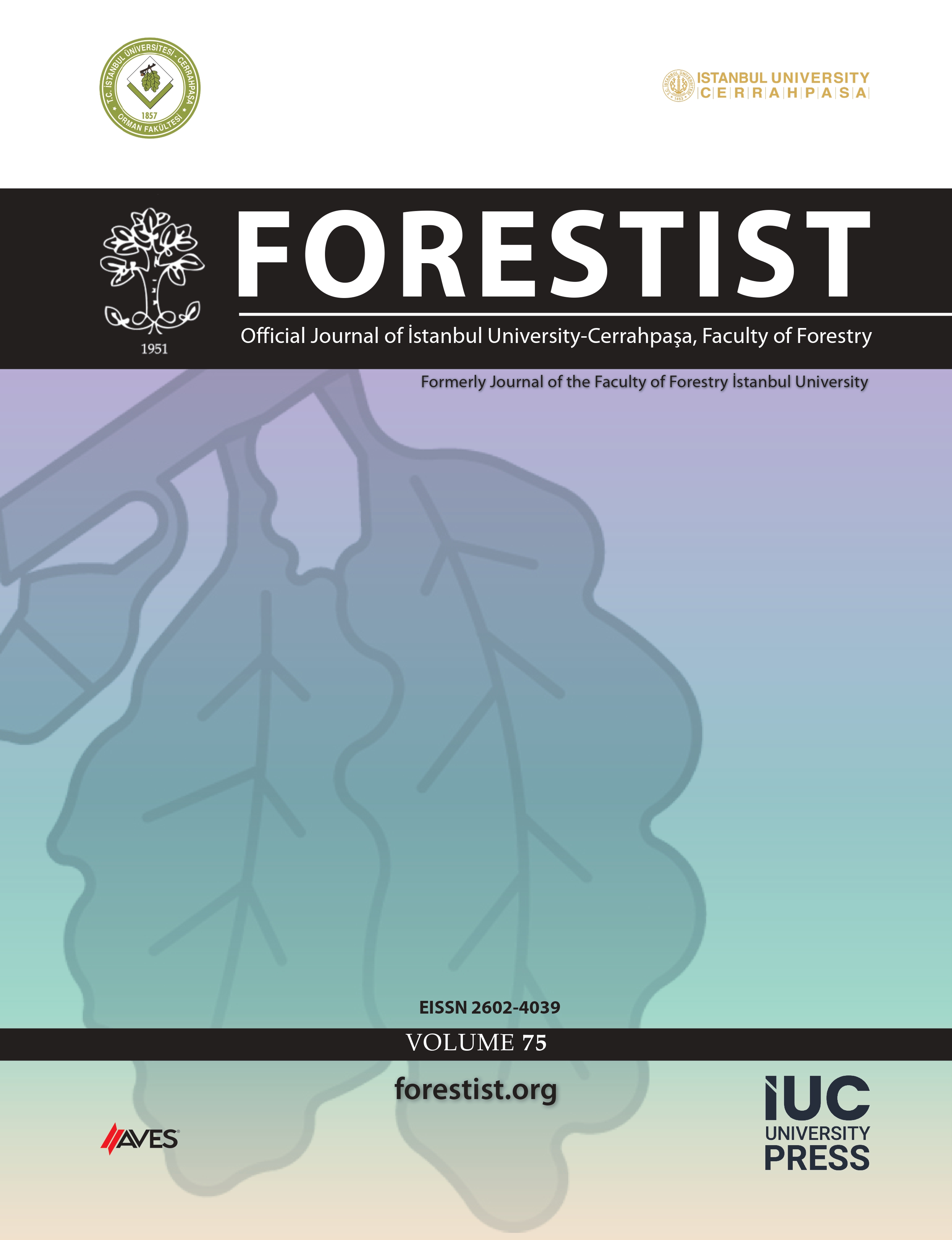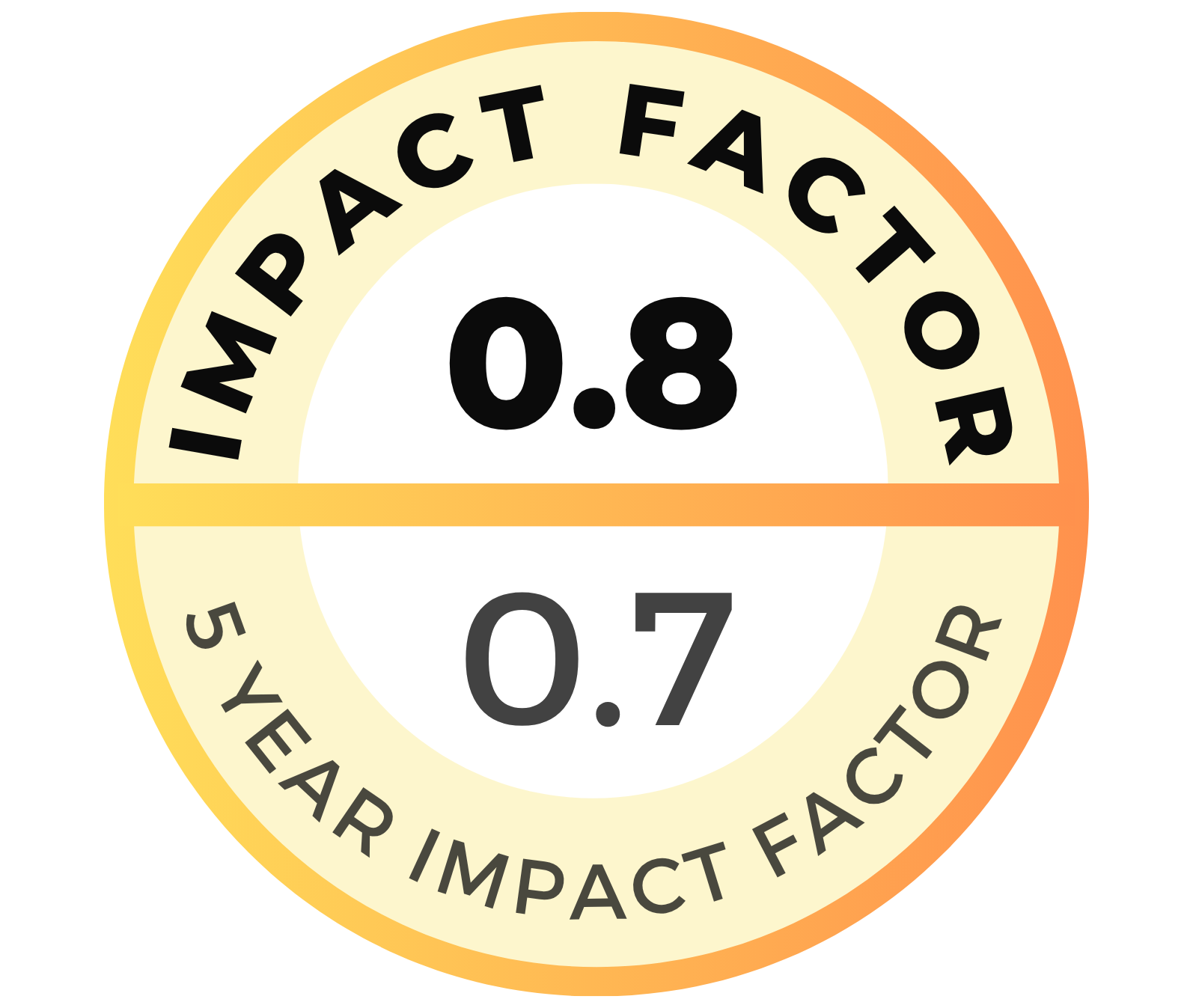In this research, factors which affect hunter’s behavior are described by logit analysis. In this context, demographic characteristics, attitudes and trends related to hunting and nature and cultural elements were analyzed with six different logit models. These models include hunting frequency; hunting training; being president of the hunters association; informing against illegal hunters; perceiving hunting associations as the place which training and practice in; the outlook on level of competence of hunting and wildlife management in Turkey. Research data is based on a survey conducted with 385 hunters who are members of in Balikesir, Bursa and Istanbul provinces hunter’s association. The survey form is designed to determine socio-economic and socio-cultural characteristics, behavior, and trends of hunter. Nine-point Likert Scale was used for determining degree of importance which is attributed by hunters to the subject in survey forms. Consequently, the factors which affects the behavior and perspectives of hunters are being a hunter in the province of Balıkesir and Bursa; being a farmer, laborer and tradesman/artificer; duration being a member of hunters' association; being interested in the ecology and environmental protection classes; being interested in the hunting legislation classes; goal of membership to hunters' association.
To cite this article: Şafak, İ., Başar, H., 2014. Avcı davranışını etkileyen faktörlerin ekonometrik analizi. Journal of the Faculty of Forestry Istanbul University 64(1): 38-50. DOI: 10.17099/jffiu.13394




.png)
